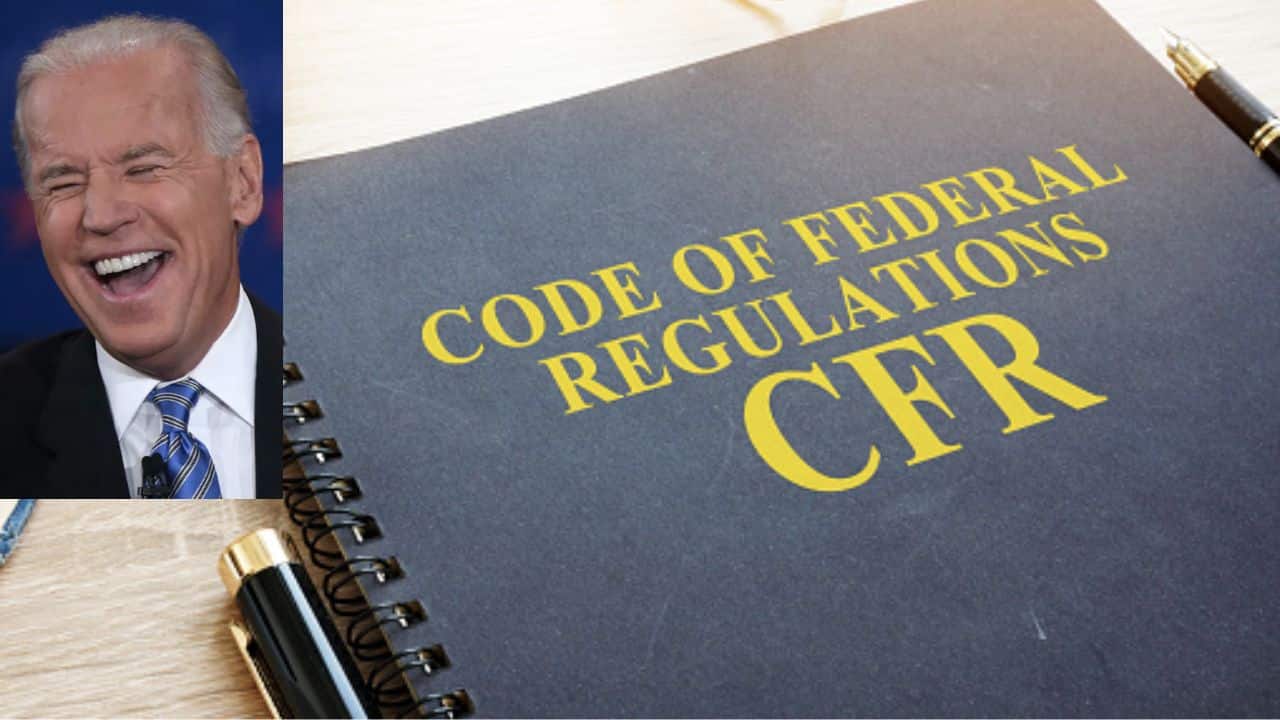Here’s an odd thought for a libertarian: The government very rarely tells me to do anything. Once per year, the IRS orders me to pay federal income taxes. Once per year, the state of Virginia forces me to pay state income taxes and get my car inspected. Once per year, Fairfax County makes me pay property taxes. Traffic laws aside, the government leaves me alone more than 350 days per year.
How is this possible when the government regulates almost every aspect of American life, and takes 40% of GDP? The government controls the labor market (especially for foreign workers). The government decides what products I can and can’t buy. The government runs a massive retirement system that I can’t escape without leaving the country. How can the government control me so thoroughly yet so rarely boss me around?
The answer is simple yet shocking: Government controls me by controlling my trading partners. Government doesn’t tell me to pay sales taxes; it just forces every business in Virginia to collect sales taxes as a condition of sale. Government doesn’t tell me who I can and can’t hire; it just tells every business I deal with who they can and can’t hire. Government doesn’t even tell me I have to contribute to Social Security; it just requires my employer to make contributions on my behalf as a condition of employing me.
Why is government coercion so predominantly indirect? Most economists would cite transactions costs. Bossing CostCo around is far easier than bossing all of CostCo’s customers around. But this explanation is unsatisfying. Government eschews many cheap ways to directly bully private individuals into submission. For example, if government really wanted to crack down on scofflaws, it could pay cash bounties to whistleblowers of every description. Anyone who hired an illegal nanny or failed to pay use tax on out-of-state Internet purchases would have to look over their shoulders day and night. (Think about how many bounties a garbageman could collect!) As long as the scofflaws were liable for the fines, an army of whistleblowers wouldn’t cost the government a dime.
If this sounds draconian to you, you’re in sight of my preferred story. Governments rely on indirect coercion because direct coercion seems brutal, unfair, and wrong. If the typical American saw the police bust down a stranger‘s door to arrest an undocumented nanny and the parents who hired her, the typical American would morally side with the strangers. If the typical American saw regulators confiscate a stranger’s expired milk, he’d side with the strangers. If the typical American found out his neighbor narced on a stranger for failing to pay use tax on an out-of-state Internet purchase, he’d damn his neighbor, not the stranger. Why? Because each of these cases activates the common-sense moral intuition that people have a duty to leave nonviolent people alone.
Switching to indirect coercion is a shrewd way for government to sedate our moral intuition. When government forces CostCo to collect Social Security taxes, the typical American doesn’t see some people violating their duty to leave other people alone. Why? Because they picture CostCo as an inhuman “organization,” not a very human “bunch of people working together.” Government’s trick, in short, is to redirect its coercion toward crucial dehumanized actors like business (and foreigners, but don’t get me started). Then government can coerce business into denying individuals a vast array of peaceful options, without looking like a bully or a busy-body.
Of course, if the public fully absorbed the implications of common-sense morality, the government’s ruse would fall flat. The public would look at the vast majority of business regulation and say, “So a bunch of people are using their own skills and their own resources to make money. How on earth does that vitiate your duty to leave nonviolent people alone?”
Yes, governments have been known to boldly contradict common-sense morality. Conscription is an obvious example. Common-sense morality says “Your body, your choice.” Conscription says, “‘Your body?’ Where do you get these treasonous notions, private?” For the most part, though, governments prefer to take the path of least resistance. Instead of denying the duty to leave nonviolent people alone, government exploits a massive loophole: We’re perfectly free to make any deal that government allows businesses to make with us.
Many libertarians will find this depressing, but they shouldn’t. Hypocrisy is famously the homage that vice pays to virtue. Government’s preference for indirect coercion is the homage that statism pays to liberty. Libertarians don’t need to convince people that coercion is wrong. We just need to convince people that indirect coercion of business is coercion of people.
This article was originally featured at Econlib.org and is republished with permission.







